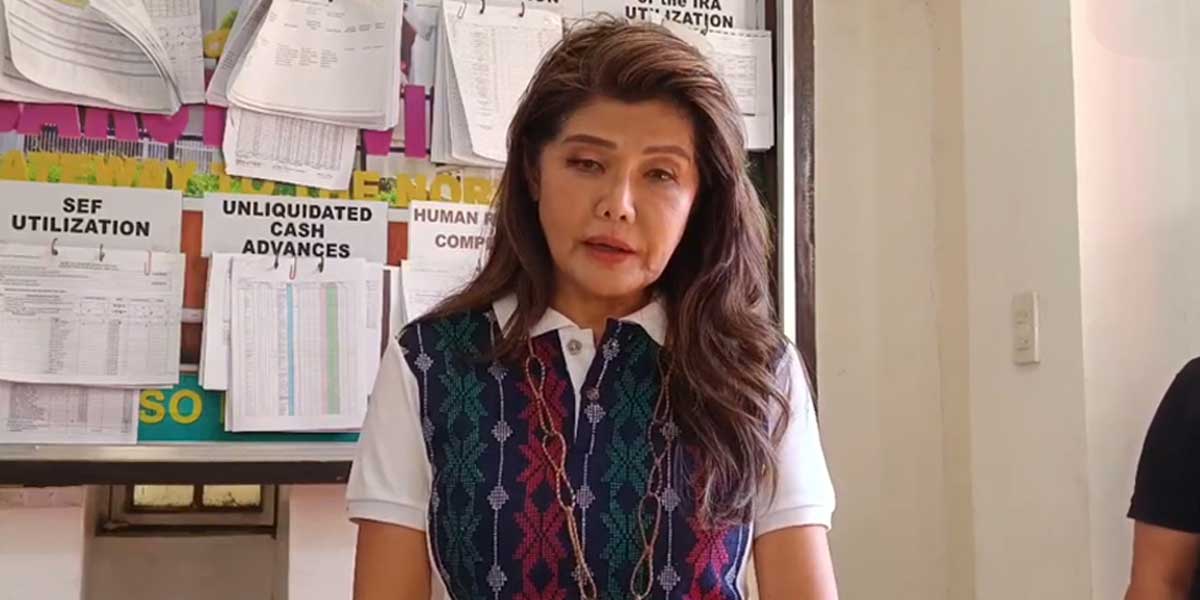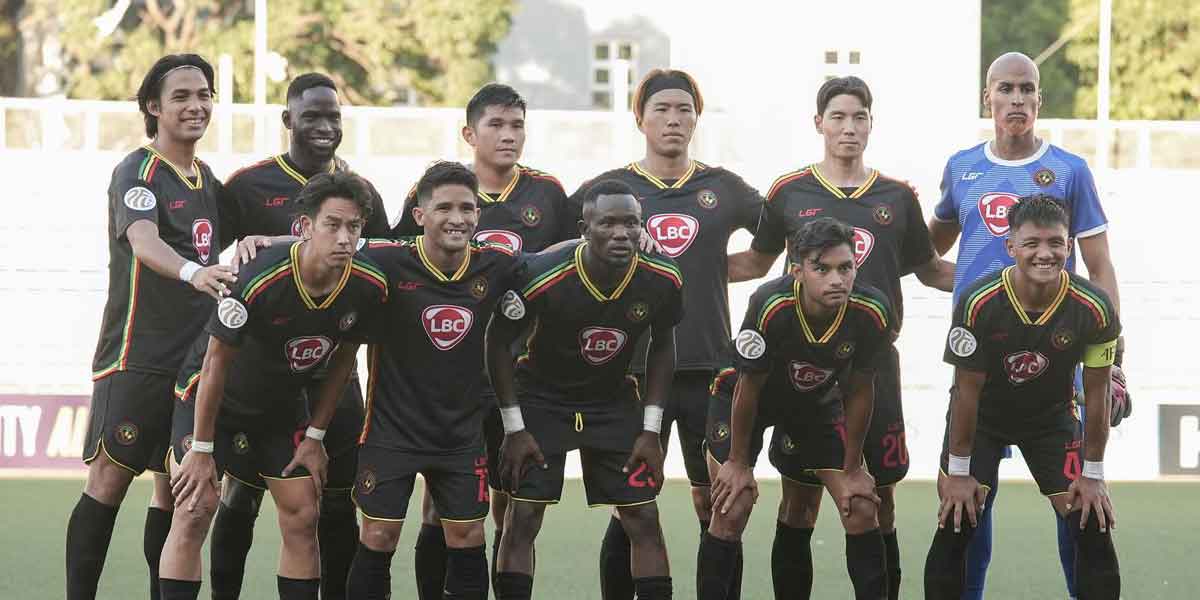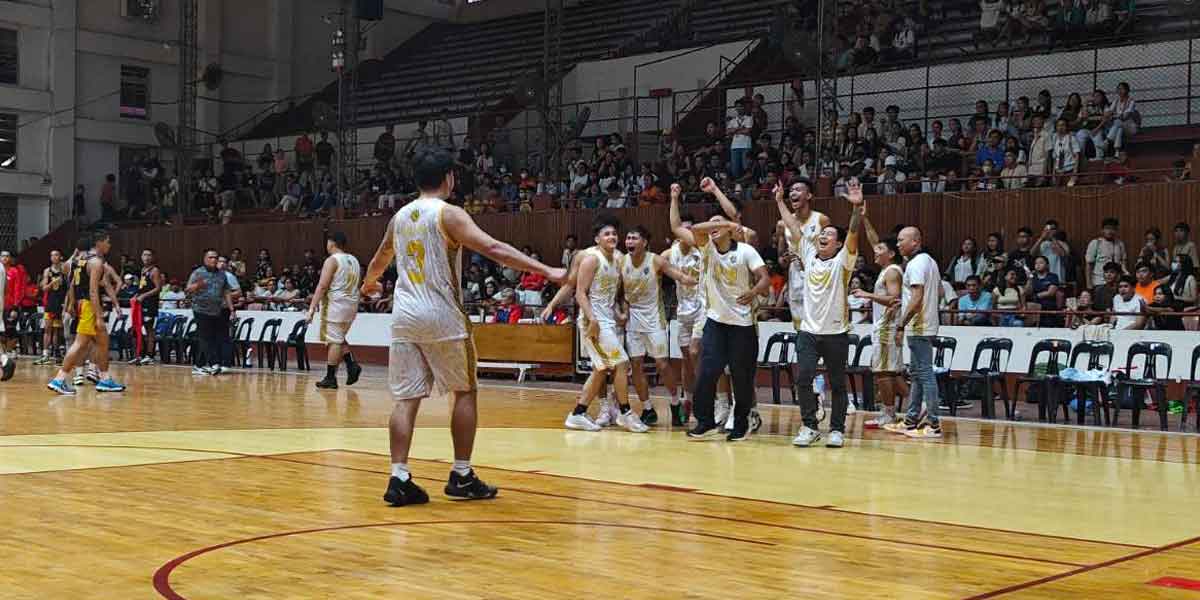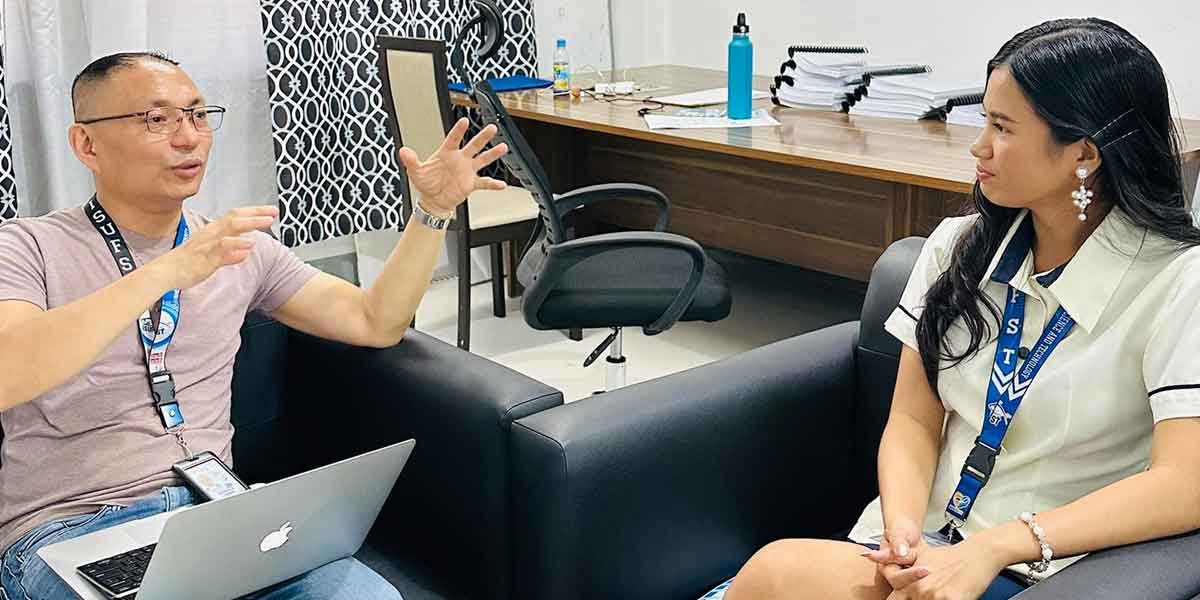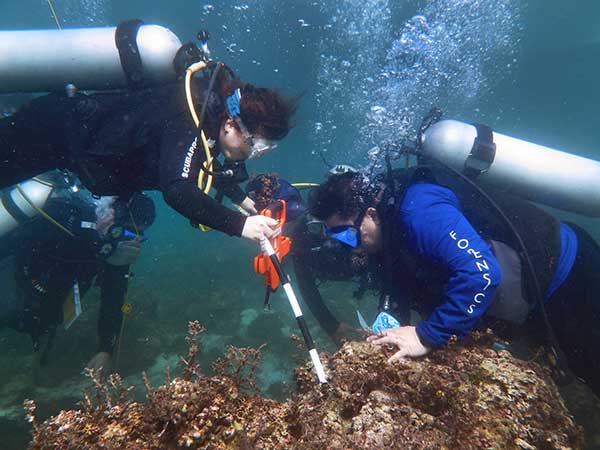
The United States government, through the U.S. Agency for International Development (USAID), recently trained Philippine government partners in coral reef crime scene investigation and law enforcement.
Under USAID’s Sustainable Interventions for Biodiversity, Oceans, and Landscapes (SIBOL) project, 27 representatives from agencies such as the Department of Environment and Natural Resources and the Bureau of Fisheries and Aquatic Resources (BFAR) participated in the training that focused on environmental law enforcement issues like coral reef crime scene investigation, marine wildlife crime forensics, oil spills, and marine and coastal pollution.
Participants attended lectures with international experts and gained practical experience through diving sessions that simulated responses to environmental crime scenarios, such as destruction of coral reefs due to vessel grounding, blast fishing, and poaching. The training supports the Philippines’ national action plan for addressing wildlife crimes and its goals of strengthening law enforcement to conserve threatened species and reduce biodiversity threats.
“The rich bounty that the Philippines is blessed with comes with a responsibility of conserving these resources in a way that is sustainable and regenerative,” said USAID Acting Environment Office Director Dr. John Piggot. “We hope that this activity will lead to increased cooperation among enforcement agencies on coral reef-related cases, enhancement of existing local training modules on reef protection, and development of local policy and protocols on coral reef-related investigations.”
A joint report by USAID and BFAR published last year found that illegal fishing comprised 27 to 40 percent of fish caught in the Philippines in 2019, which amounts to roughly Php62 billion ($1.3 billion) annually.
Through its SIBOL project, USAID works with government, private sector, and civil society partners to strengthen science-driven decision making, improve economic incentives for investments in the environment, and improve environmental law enforcement.



